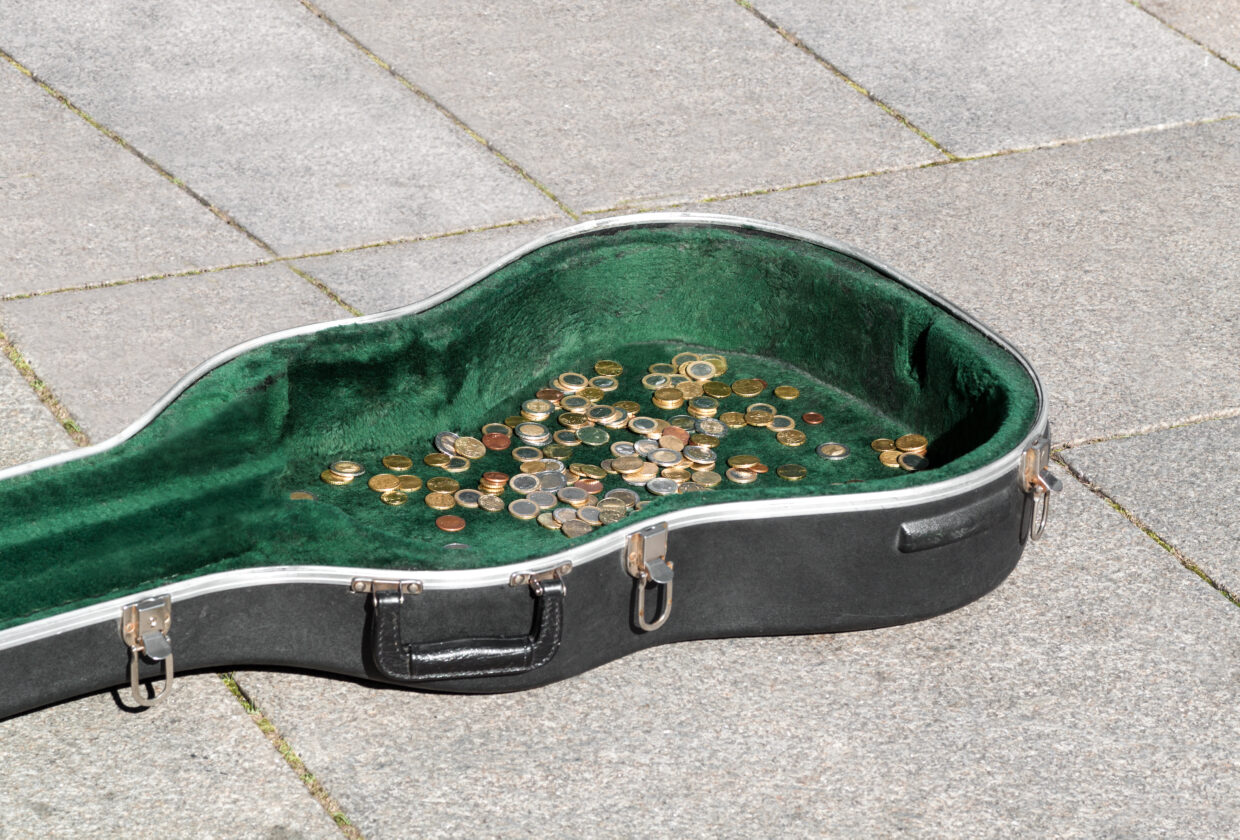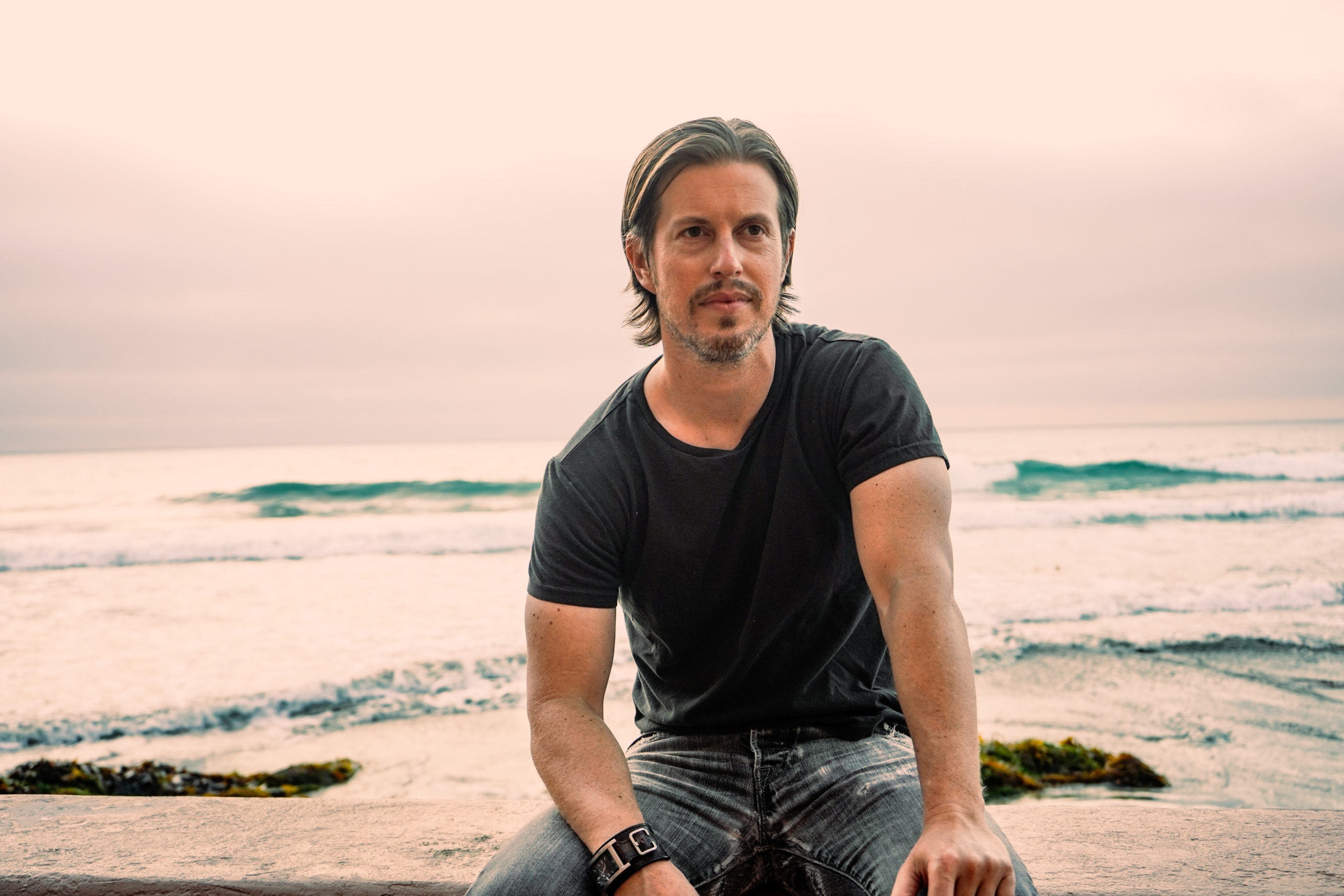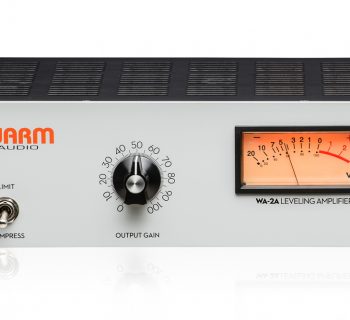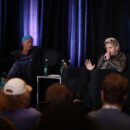Everything You Need to Know
There are tons of independent musicians who struggle with paying bills on time and building credit, and just as many artists who blow up and lose their fortunes in 10 years. This is why all musicians need to know something about money management. Bobby Borg, co-author of Personal Finance for Musicians, offers seven key take-aways.
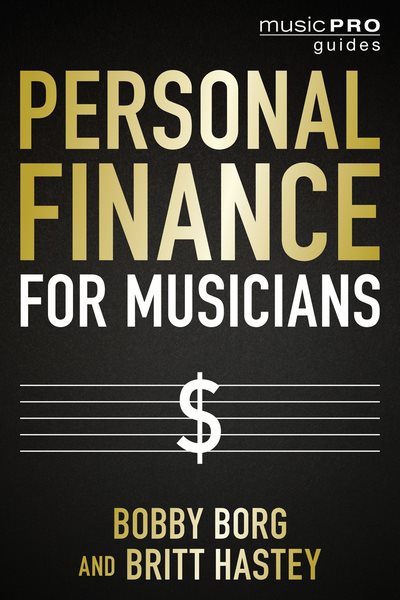
1. Income
Take advantage of all of the different ways you can monetize your music today while still pursuing your career as an artist, so you don’t have to bust you ass at some meaningless day job. There’s a lot of money to be made in licensing for film, TV and video games, selling beats, or creating functional music for meditational purposes. Not only do these gigs generate good money so that you can cover your bills until you one day hit it big, they are also flexible, so you can always put your artist career first.
2. Wants Versus Needs
When it comes to expenses, find a balance between what you want and what you really need. Wants are the expensive cars, rad apartments, and fancy restaurants every night. And Needs are your more practical expenses. This is important because if you expect to build your financial future, then you need to get your expenses right first. Look, the last thing you need is to spend all your income and start relying on credit just to get by. This can put you into a hole so deep it can feel like there is no way out.
3. Debt
Dovetailing nicely from digging yourself into a hole, make getting out of debt your number one priority. Sure, it is great that you took out a school loan for your education, but add consumer debt to that, a car payment, and that credit card debt you have at Barneys New York for fancy clothes and handbags, and you can really be up shit’s creek in interest payments, fees, and threatening creditor phone calls. Consider using the debt avalanche technique (where you double down on your highest interest loan first till you pay it off, and then move on to the next highest interest loan) or use the snowball technique (where you double down on the smallest balance loan first till you pay it off, and then move on to the next smallest balance loan) till you’re totally debt free. No matter which technique makes sense to you, start getting out of debt today!
4. Investing
The time to start investing is right now. Even when you’re in debt, there is no reason why you can’t peel away a little something from your income for a future goal. But note that if you’re keeping your income in a bank account that earns .01 percent interest, your money is decreasing in power on a daily basis due to inflation. So, you need to get your money out of banks and invest it into something like an index mutual fund where you can potentially earn an average of 9 percent interest on the long-term. Index funds are also highly diversified (you’re investing in thousands of companies in many cases, not just a single one), which potentially increases your odds for success. Just remember, long-term investing always beats short-term speculating. Stay away from “get rich” strategies and people who claim that they can beat the market every time.
5. Retirement
While on the topic of long-term investing, be sure to take your retirement very seriously. Just keep mind that retirement is not just what old people do in Florida when they get bored of working and just want to play golf and sit on their fat asses. Retirement is freedom—freedom to do whatever you want on your terms without needing to worry. That could be the freedom to build your own recording studio in your backyard, or the freedom to only tour when you want to and for as long as you want to without the fear of going broke. Whatever retirement means to you, note that the earlier you start saving for it the better. This is due to something called compound interest (interest on interest). The more years you have for your money, the larger your pot will be when you need it.
6. Limiting Beliefs
Musicians need to get rid of all the barriers to personal finance, like “I don’t need to know this stuff, I’m just gonna blow up and hire a team.” But even if you do blow up, you never want to put your money in control of others without knowing what’s going on. Would you believe that NAS got sued by the IRS for 6.5 million dollars because the accountant thought the business manager was talking care of taxes, and the business manager thought the accountant was taking care of taxes. Personal finance is always your responsibility. There are no excuses. And finally…
7. CPA and CFP
My book provides a strong foundation to money management, but everyone’s personal situation is unique, so you at least want to meet with a certified public account and certified financial planner at least once to map out a plan for you. I offer a ton of resources for how to find and evaluate these professionals, so check them all out.
So, in closing, Personal Finance For Musicians is everything you should have learned about personal finance in high school, but didn’t. It’s presented in a non-intimidating way, specifically for musicians. I hope you’ll check it out. It’s on Amazon and all fine book sellers.

